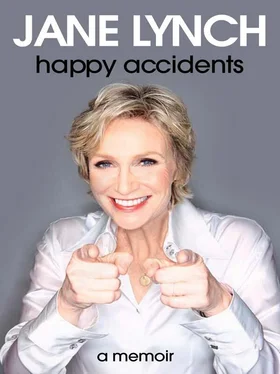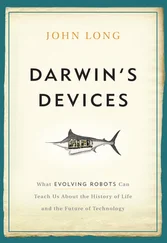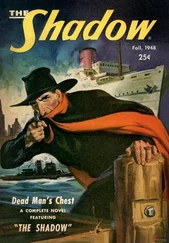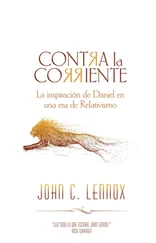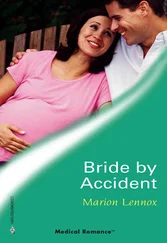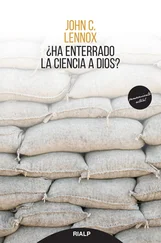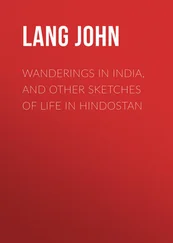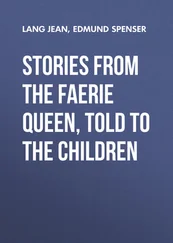Chris introduced me to a few new things, too. The first time I smoked pot was with him, during sophomore year. He failed to tell me that he’d laced it with angel dust, so I began to hallucinate at Pizza Hut and was so out of my gourd that I had to spend the night in his garage.
Pot scared the hell out of me, with or without angel dust. I panicked when I smelled it. If I went to a party where someone was smoking it, I expected the cops to swarm the place, and judgment and paranoia must have been written all over my face. I began to be known as “the Narc,” and I started to notice that I wouldn’t be invited to certain parties. It hurt my feelings, even though I continued to feel that pot smoking was evil. I was, however, very happy to get loaded on booze.
IF YOU LOOK BACK THROUGH MY HIGH SCHOOL scrapbook, you’d think I was one of the popular kids. I was involved in a million activities—speech team, girls’ choir, basketball, tennis, theater guild. And despite earning the “quitter” label after The Ugly Duckling, I even managed to get small roles in a couple of plays my sophomore year, playing a male police officer (go figure) in Arsenic and Old Lace and a tomboy (ditto) in The Brick and the Rose.
But it wasn’t until my senior year that something transformative finally happened. That was the year my theater arts class put on Godspell.
Somewhere in the back of my head I was aware that Godspell was based on a Bible gospel—we sang “Day by Day” at guitar mass at St. Jude’s—but I didn’t care. I just wanted to put on a show! I loved the music, and we wouldn’t have to try out; if you were in the class, you were in the play. Chris and I listened to the original cast album over and over.
We also went downtown to see the show live at the Drury Lane Theater. Chris, our friend Ed (another soon-to-be-gay musical theater lover), and I went at least ten times. That professional cast added some funny bits and one-liners that we claimed for ourselves and brought home to Dolton. We were obsessed.
Our production played one Friday night only. Everyone in my family, extended and otherwise, came. We thespians were beside ourselves with excitement. We put everything we had into this thing and made a plan to drink real wine during the final betrayal scene that closes the play. We wanted to be crying real tears, and we were pretty sure we couldn’t unless we were tipsy.
Ed played Jesus, Chris was John the Baptist/Judas, and along with being in the ensemble, I played the hussy who sang “Turn Back, O Man.”
I was now a part of the magic that had so mesmerized me when I was a kid seeing my first stage play. I actually lost my balance I was so excited—I almost fell over several times the day of the show—and I smelled funny. I would have this smell many times in the future and would come to know it as the pungent odor of pure, unadulterated fear. But because it was mixed with pure, unadulterated joy, I survived.
We were all swept up in the electricity of putting on this show. We were more focused, disciplined, and committed than we had ever been in our young lives. We had all pitched in to build the set together, and showed up after school for rehearsals. When we finally performed, no one missed a line or a cue. We were a team, and we supported one another. Being a part of this group of fellow actors, feeling needed and valued and there for one another, was a high I would chase for the rest of my life.
We were playing pretend, but we were sharing the experience. I had always felt so different and thus “less than” my peers. I remember thinking that even if I, Jane Lynch, wasn’t worthy of friendship, then at least I knew the character I was playing was. In everyday life, I second-guessed myself relentlessly. But in a play, my difference was hidden and I was worthy. I was needed. Because it’s written—it says, I am.
And that was the heart of the matter: on stage, playing a role that was written in black and white—I could not be rejected. The only place I felt safe from that possibility was on stage, and I loved it. In fact, I still get joy from it, even today. In any movie, TV show, or play that I’m in, I’ll still have that fleeting thought: These people might not want to be my friend after this, but for the next 8.2 seconds, they’re all about me and I’m all about them.
Finally, I had found my place.
But unfortunately, right in the middle of this transcendent, fantastic experience, disaster struck. Jesus and John the Baptist, also known as Ed and Chris, started spending all of their time together, without me. I didn’t know what was happening—or didn’t want to. All I knew was that now I was the odd man out.
In response, I acted as cold and mean as I could. With this, I was starting a pattern that I would rely on for far too long in dealing with what felt like rejection. My hope in acting this way was that the person I felt had wronged me would ask what he’d done wrong. Chris didn’t, of course—I’m not sure he ever even noticed. My mom noticed, though, and she became worried that I had fallen in love with Chris—not a surprising conclusion, since I was acting exactly like a jilted lover. One afternoon, she finally gave voice to the fact that I was still too stubborn to admit.
“Honey,” she said, “I don’t want you to get your heart broken. But I think maybe Chris likes boys. Don’t you think that maybe he and Ed are boyfriends?”
“No, no, no!” I snapped. “Chris isn’t gay.”
It was getting harder to deny it to myself, though. I mean, even my mother knew. It was hard to miss. My wild and free-spirited Chris had always stuck out in our little suburb, but by the time we were seniors, he was taking it to a whole new level, with an afro and parachute pants. It was the late seventies, but still: to say he stood out is an understatement. But I still didn’t want to acknowledge that “gay” existed. Now it was right in front of me. Chris and Ed were having an affair. Chris even wrote “I will love Ed forever” in my yearbook.
In the pain of feeling dumped, I wrote Chris a scathing letter telling him that he looked like a freak and I didn’t want anything to do with him anymore. I was a stereotypical closet case, rejecting him for his open homosexuality that got him a boyfriend and left me alone. I pushed him away for what I was afraid of in me. Maybe I was also afraid of guilt by association, that other people would think I was gay, too. Whatever it was, I felt that he needed to be punished for flaunting his gayness. Didn’t he understand you were supposed to keep it under wraps?
But also, deep down, my heart was broken. I felt rejected on a soul level. In some ways, Chris was my first true love. I trusted him like I trusted no one else in the world, and I showed him parts of myself that no one else saw. Now he was gone. All that had been good in those final months of my senior year of high school was suddenly buried under despair.
After graduating from high school, I reluctantly set off for Illinois State University, which at that time was where the B and C students in Illinois went to college. I had absolutely no academic curiosity or drive, and I didn’t particularly want to go to college, but that was what people did. With my impressively low ACT score ISU was the only school that admitted me, so I packed up my things and headed for Normal, Illinois (of all places).
I was assigned to a room in an all-girls dorm, and at any given moment, I had at least three very severe crushes: I was obsessed with the ladies of Hamilton Hall. Perhaps getting out of Dolton and away from my family allowed me to admit these feelings … sort of. I still put them in a mental file labeled “intense feelings of friendship,” managing to continue to ignore the pounding refrain of “You’re gay!” knocking on my psyche’s door.
Читать дальше
